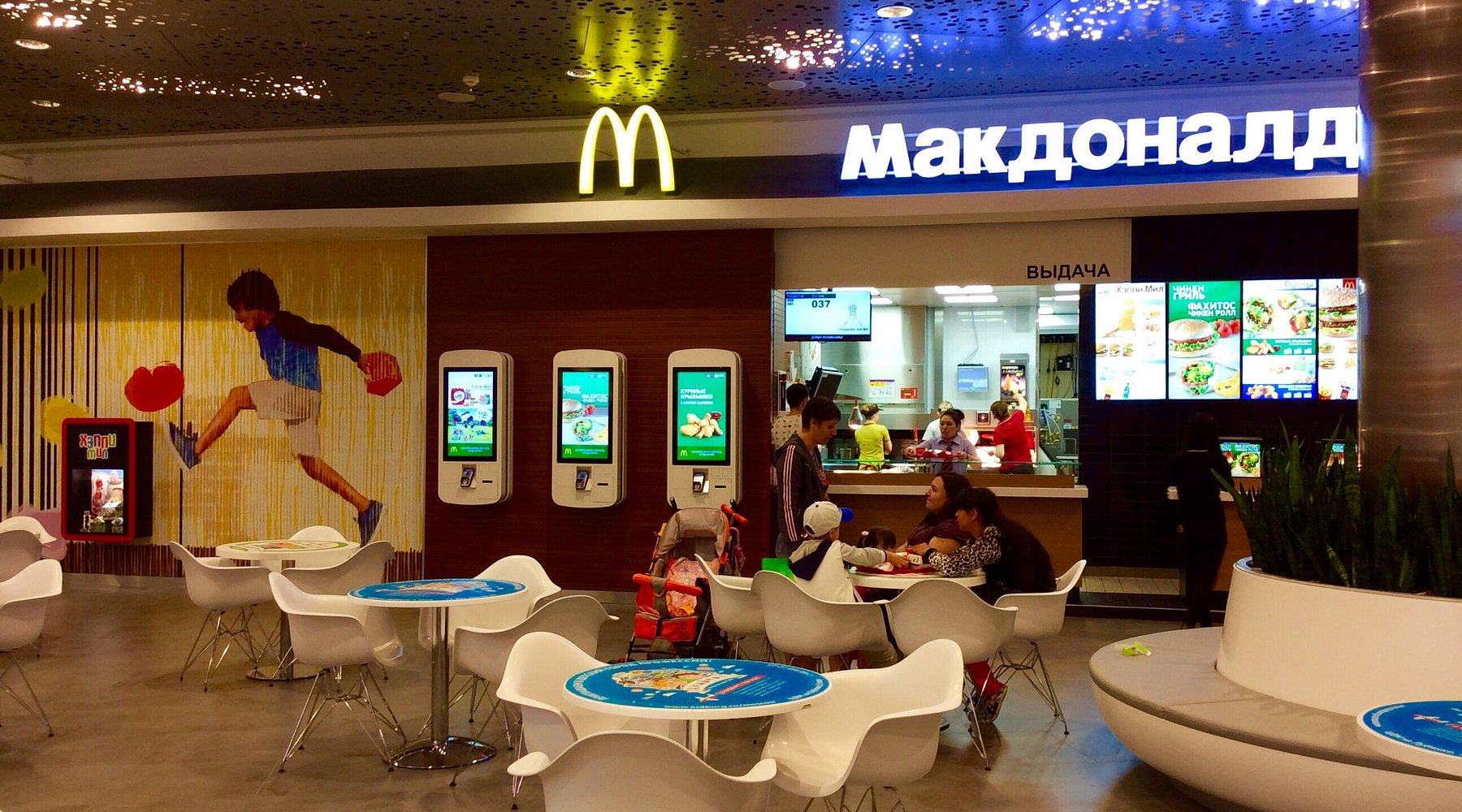The return of McDonald's to Russia
After suspending operations in March 2022 following the invasion of Ukraine, the fast-food company has resubmitted its registration application to the relevant office of Rospatent. While diplomatically stating that this is only a renewal of trademark rights, Moscow already considers it a seal of the new friendship with Trump's United States.
Moscow (AsiaNews) - According to the Tass news agency, the American company McDonald's has filed an application for registration with the appropriate office of Rospatent in Russia, a much-awaited return, which for Russian citizens means the real seal of a new friendship with the United States in the shadow of the negotiations between Trump and Putin.
The application has been under review since April and is currently being formally analysed by a committee of experts.
Alina Akinšina, general director of Onlain Patent, the company responsible for the review, told Ria Novosti that the chances of McDonald's being accepted are ‘very high, as the company has retained the rights to all its key brands in Russia’.
McDonald's executives, however, diplomatically state that they ‘have no intention of returning to Russia,’ but that they are carrying out a ‘regular renewal of the property rights of their trademarks worldwide, including in countries where they are not currently operating.’
McDonald's suspended its operations in Russia in March 2022 in response to the invasion of Ukraine, and in May it finally left the Russian market, selling its business to the owner of the coal mining company Južkuzbassugol, Aleksandr Govor of Novokuznetsk, who also operated 25 restaurants in Siberia.
Govor had carried out a rebranding, replacing McDonald's premises with a fast-food chain named Vkusno-i Točka! (Good-Enough!), reviving a slogan used for street food in the Soviet era.
The first McDonald's in Russia opened on 31 January 1990 in Moscow's central Pushkin Square. It was a memorable event, one year before the collapse of the Soviet Union, symbolising the new friendship between Mikhail Gorbachev's USSR and Ronald Reagan's USA.
On the first day alone, 30,000 customers were served, waiting their turn in the snow and freezing cold, forming a queue that stretched all the way along the Bulvarnoe Koltso, or ‘Garden Ring’, the first inner ring road around the historic centre of the Russian capital. It was a world record for the first day of business in the entire history of the McDonald's corporation.
That opening was also a desperate attempt to shore up the political projects of Gorbachev's perestroika, which was foundering precisely because of its inability to revive food production in general and alcohol production in particular.
In fact, Russian supermarkets were short of all basic foodstuffs, which in the previous Brezhnev era had been sold regularly at the same price, especially salami, cheese (both of a single standard type) and, of course, vodka, whose production had been blocked by Gorbachev's ‘dry law’ aimed at combating widespread alcoholism in Russia.
As a result, Russians began mixing pure alcohol with water, tea and all kinds of drinks, and the infamous ‘Reagan thighs’, pieces of chicken transported in humanitarian aid shipments, were only available sporadically at grocery stores.
Restaurants were also in deep crisis, particularly the Švetskye Stoly, self-service canteens that were always open to feed workers with cheap Russian food.
The McDonald's on Puškinskaja ploščad took the place of one of the largest self-service restaurants near the Kremlin, and in addition to solving the problem of daily meals for employees in the most important state and municipal structures, it became a festive meeting place for Russian youth, who were looking out on the new world.
Russians had long complained about the mouldy chips and spoiled meat at ‘Buono-e Basta!’, and now they are preparing to reconcile with the West in the name of real cheeseburgers.
07/02/2019 17:28







.png)










